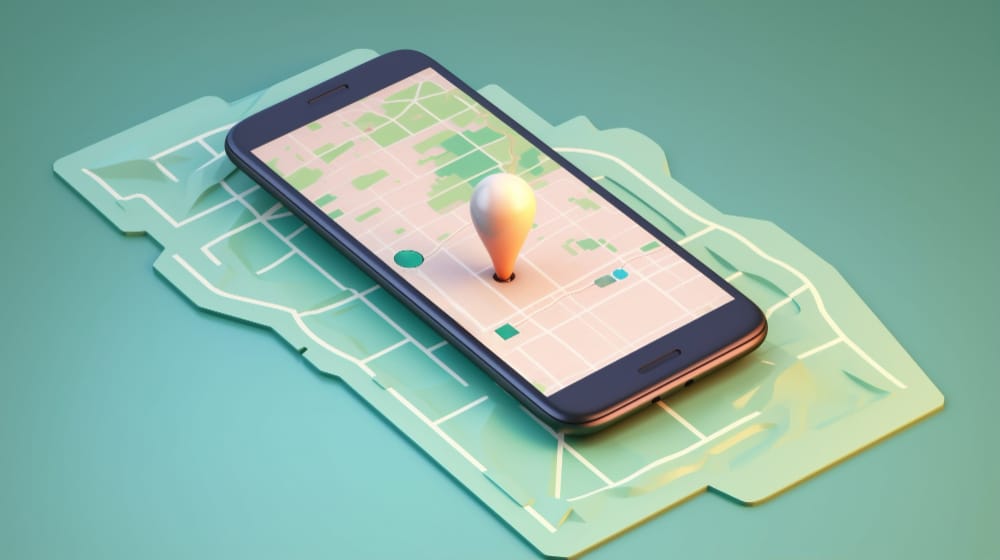

In an era where digital solutions are evolving rapidly, the importance of reliable mapping technology cannot be overstated. MapmyIndia, a pioneer in the Indian digital mapping industry, recently found itself in the spotlight as its CEO, Rohan Verma, openly criticized Ola’s latest foray into mapping. Verma’s comments weren’t just a typical industry rivalry; they raised critical questions about the quality and reliability of digital maps that millions of users rely on daily.
MapmyIndia, known for its comprehensive and accurate mapping services, has been a leader in the Indian market for years. Ola, primarily recognized as a ride-hailing giant, recently claimed to have developed its own navigational map of India through its parent company, ANI Technologies. According to Verma, this claim is nothing more than a “gimmick.” The CEO’s skepticism is rooted in concerns about the quality and accuracy of Ola’s product, which, as he pointed out, has already attracted a slew of user complaints.
The backdrop to Verma’s remarks is a legal dispute between MapmyIndia and Ola. The issue stems from a breach of terms and conditions in a license agreement signed in 2021, allowing Ola Electric to use MapmyIndia’s APIs and SDKs. The disagreement escalated when Ola announced its new mapping initiative, prompting MapmyIndia to take legal action.
Verma’s criticism is not just about business rivalry; it underscores a fundamental issue in the tech world—building and maintaining accurate maps is an arduous task. It requires not only substantial financial investment but also years of expertise and meticulous attention to detail. Globally, only a handful of companies have successfully developed and maintained reliable mapping solutions, and Verma is unconvinced that Ola, or its partner Geospoc Pvt Ltd, has the experience or capability to join those ranks.
He emphasized that mapping is a serious business, and it’s not something that can be developed overnight. Verma’s warning to the public is clear: be wary of flashy new products that may not deliver on their promises. He advised users to compare Ola Maps with established services like OpenStreetMap to see the stark differences in accuracy and reliability.
For consumers, the reliability of digital maps is not just a matter of convenience; it can be a matter of safety. Inaccurate maps can lead to wrong turns, missed appointments, and even dangerous situations. Verma’s cautionary note is particularly relevant in a country as vast and varied as India, where navigating from one point to another can be challenging even with the best tools.
This dispute between MapmyIndia and Ola raises a broader issue: how should users evaluate the digital tools they rely on every day? With technology companies constantly introducing new features and products, it’s essential for consumers to critically assess the quality and reliability of these offerings before fully embracing them.
In the fast-paced world of tech innovation, not all that glitters is gold. Rohan Verma’s critique of Ola’s mapping initiative serves as a reminder that quality and reliability should always be prioritized over novelty. As more companies enter the digital mapping space, users should remain vigilant, choosing products that have proven their worth over time.
As this battle unfolds, it may well serve as a pivotal moment in the ongoing development of digital mapping in India. For now, Verma’s message is clear: proceed with caution and trust only those who have earned their stripes in the challenging world of digital mapping.

Pingback: Mappls MapmyIndia Partners with Zoomcar for with AI-Powered Travel